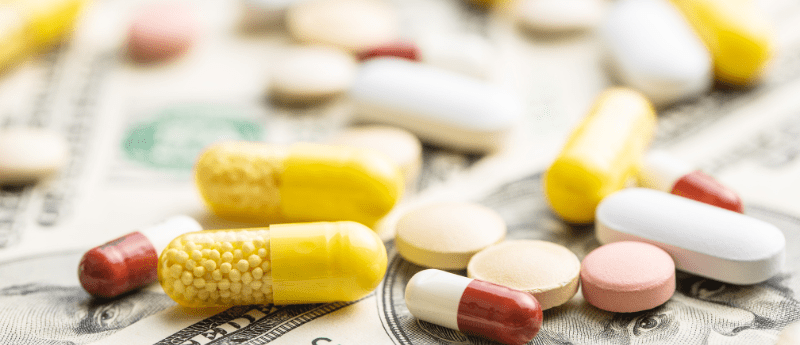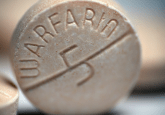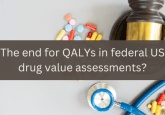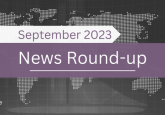CMS expands lists of Part B prescription drugs subject to the Medicare Prescription Drug Inflation Rebate Program

The newly released list of 43 Medicare Part B prescription drugs will be subject to mandatory rebates if their prices rise above inflation.
On June 9, 2023, the Department of Health and Human Services (HHS), through the Centers for Medicare & Medicaid Services (CMS), released a list of 43 Medicare Part B prescription drugs that will be subject to mandatory rebates if their prices rise above inflation. The list has been released by CMS as part of their ongoing endeavor to meet the requirements of the hotly debated Inflation Reduction Act. This new announcement, part of the Medicare Prescription Drug Inflation Rebate Program, is one of several ways CMS is looking to address rising health care costs for people with Medicare in the US.
Medicare Part B beneficiaries prescribed certain drugs on this list may save money on their coinsurance for the quarter between July 1 – September 30, 2023. The savings will range from $1 to $449 per average dose, depending on the drug and the beneficiary’s individual coverage. Since 1 April, 2023, Medicare Part B beneficiaries, if their insurance allows, may have already paid a lower coinsurance amount for certain Part B drugs previously identified by CMS. As indicated in the timeline set by CMS for implementation of the Medicare Prescription Drug Inflation Rebate Program, CMS plans to send the first invoices to drug manufacturers in 2025 for rebates owed to Medicare for prescription drugs whose prices rose above inflation in 2023 and 2024.
Commenting on the announcement, HHS Secretary Xavier Becerra explained, “With the inflation rebate program, we are fighting to ensure seniors can afford the treatments they need, taxpayers aren’t subsidizing drug company excess prices, and the Medicare program is strong for millions of beneficiaries now and in the future.”
CMS Administrator Chiquita Brooks-LaSure added, “The Medicare Prescription Drug Inflation Rebate Program is a critical way to address long-term price increases by drug companies, and CMS is continuing our work to make prescription drugs more affordable for people with Medicare.”
Within the same news release, HHS also announced new research looking at the major drivers of Medicare Part B drug spending between 2008 and 2021. They found spending in 2021 was $33 billion (around 27% of Medicare spending) and over the research period, Medicare Part B drug spending per enrollee grew on average 9.2% each year. Drug spending was concentrated among a small number of drugs, with the top 20 drugs accounting for over 50% of spending in 2021, and was largely driven by three medical specialties: ophthalmology, oncology and rheumatology.
Among the drugs included in the list of 43 drugs announced by CMS are several oncology drugs including the melanoma drug Imlygic (talimogene laherparepvec), Vectibix (panitumumab) for colorectal cancer and Kyprolis (carfilzomib) for multiple myeloma (both from Amgen), Pfizer’s leukemia drug Nipent (pentostatin) and Astellas/Seagen’s Pacdev (enfortumab vedotin-ejfv) for advanced bladder cancer.






